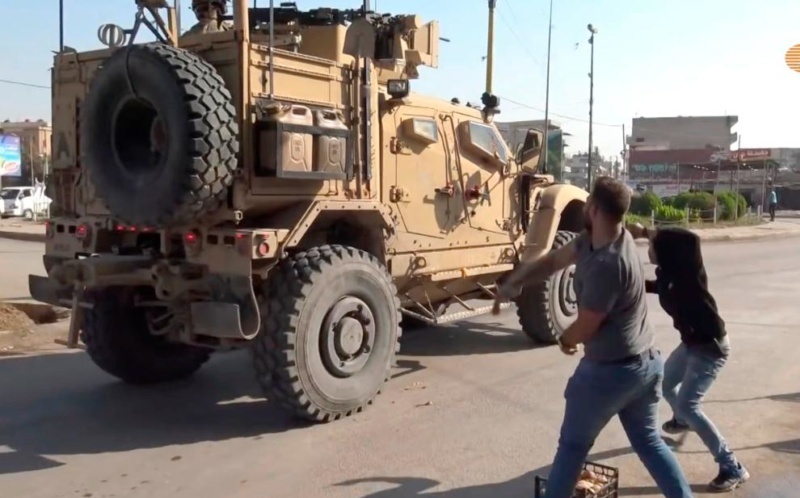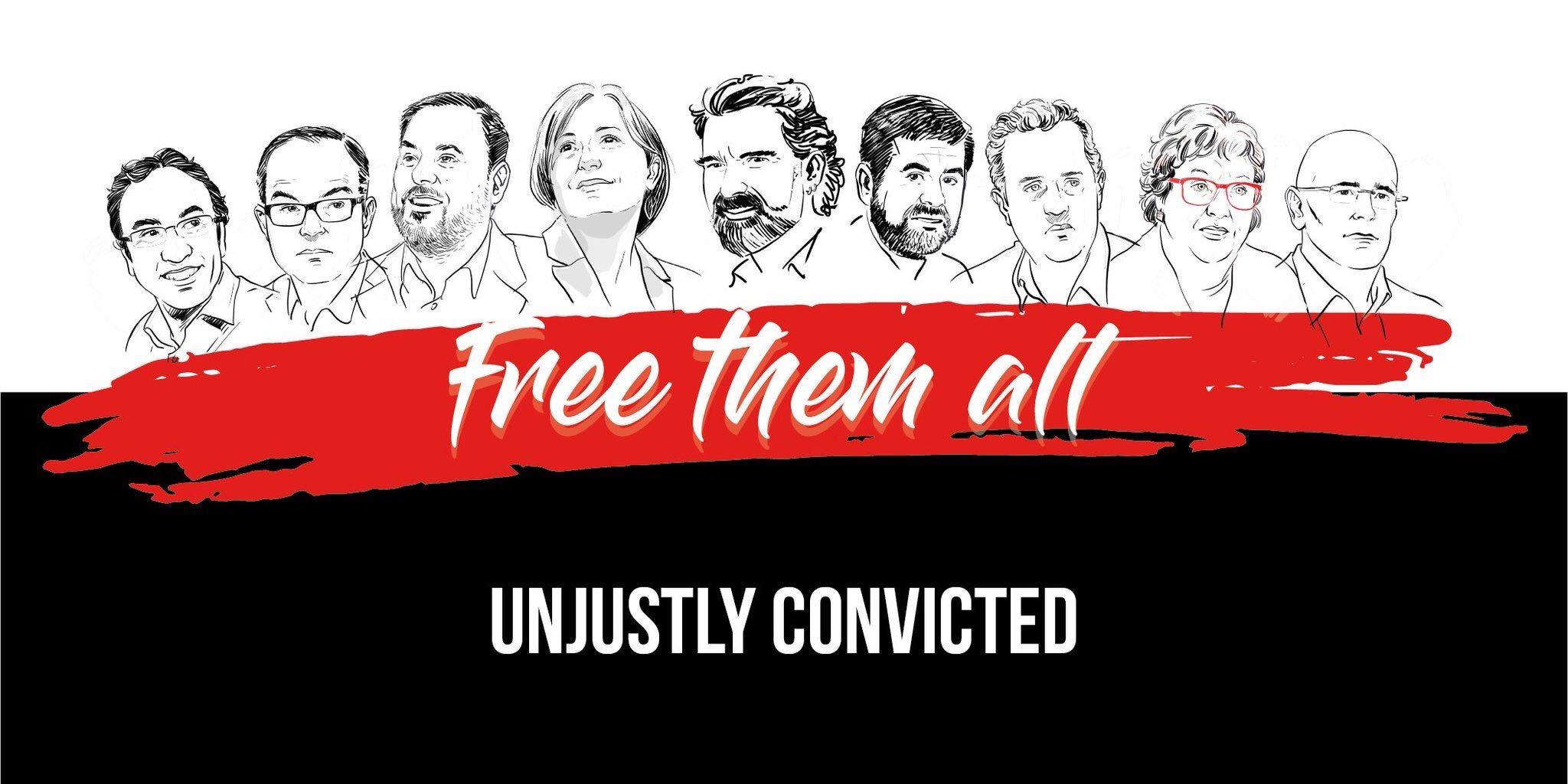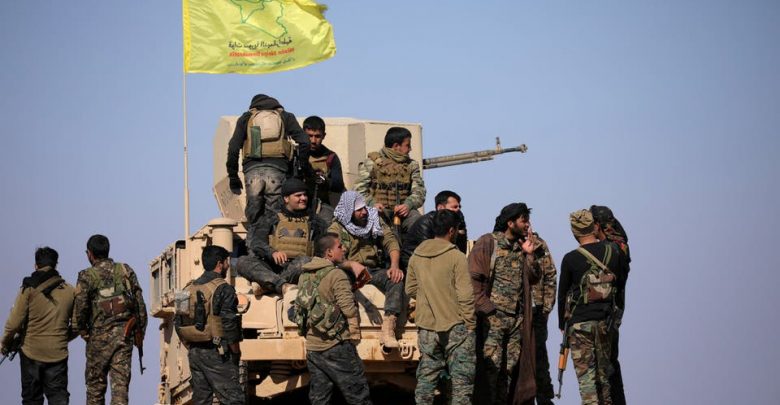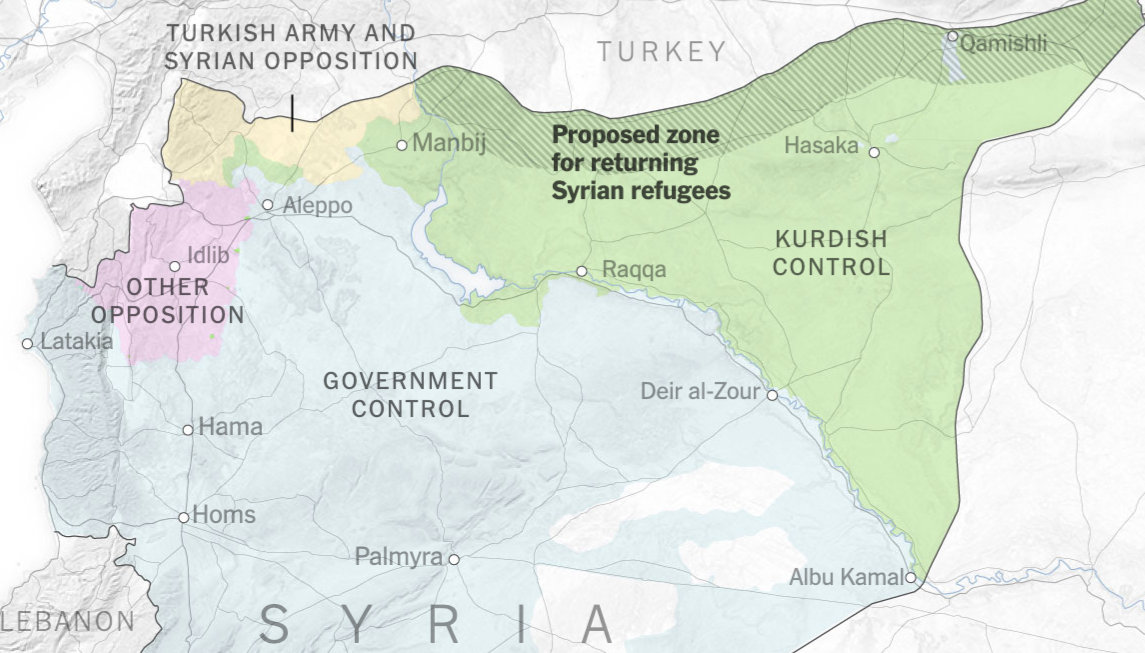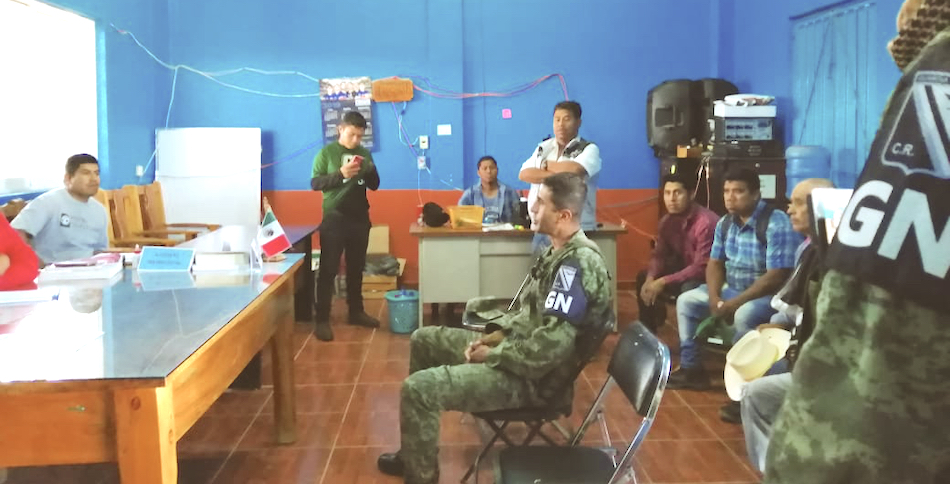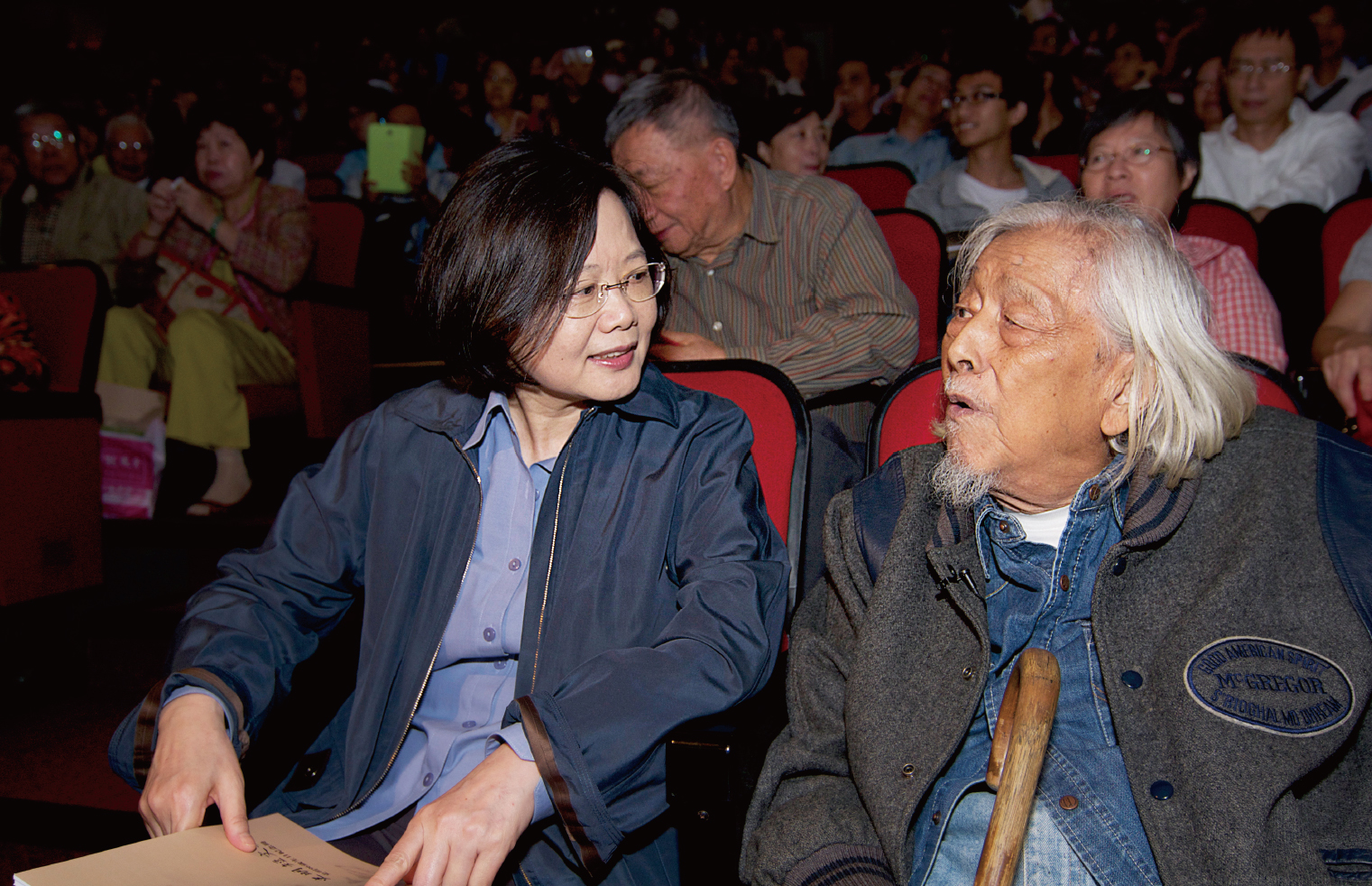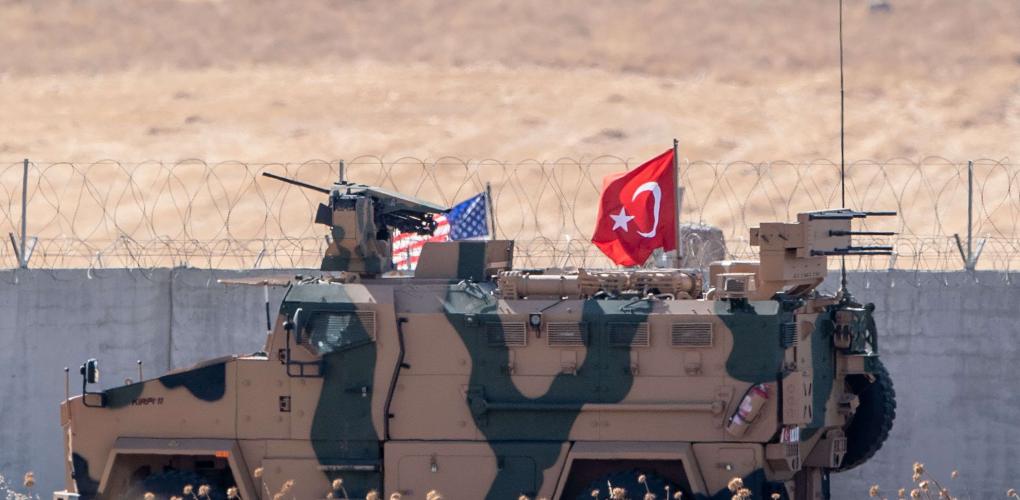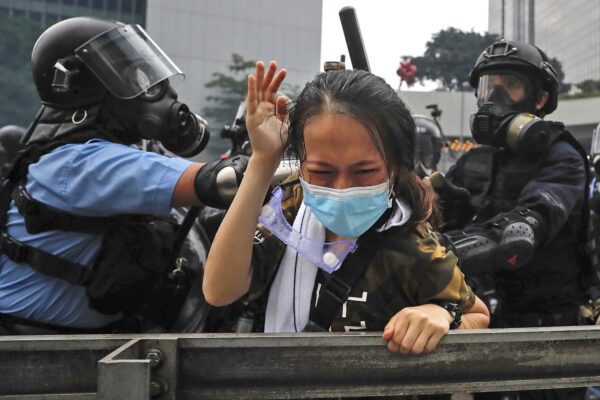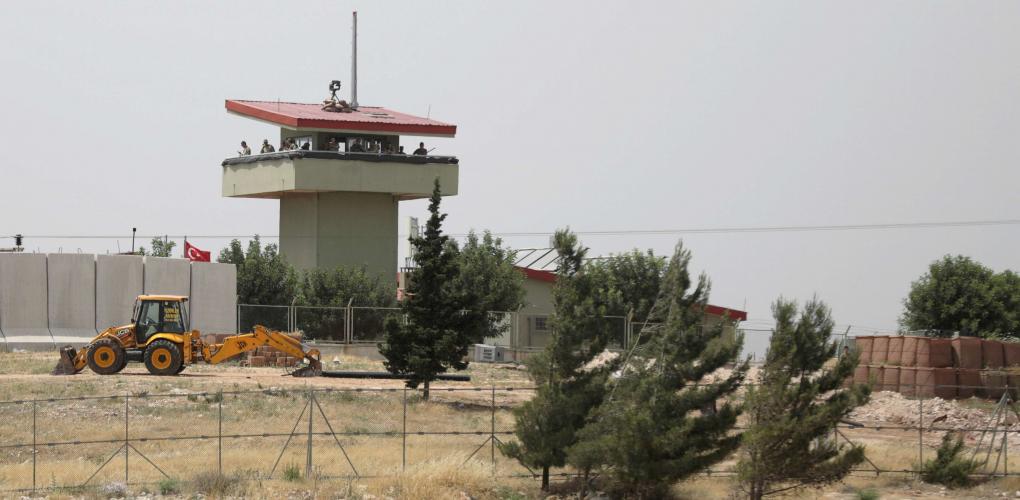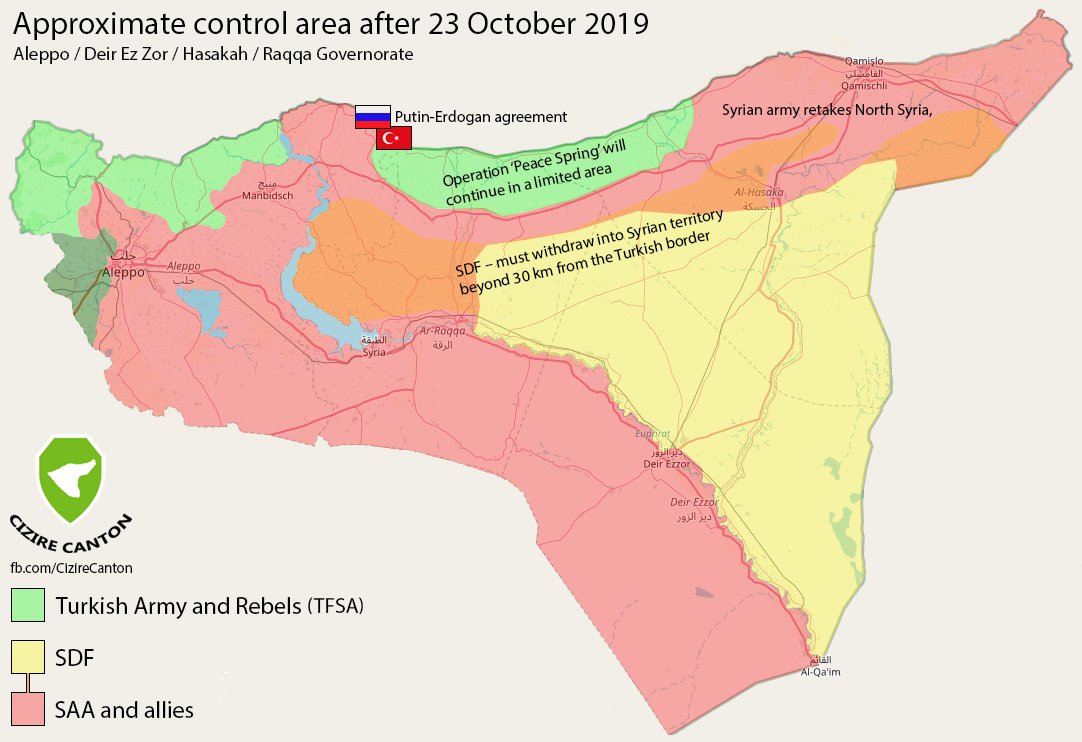
Erdogan and Putin in Syria carve-up deal
Turkey and Russia reached a deal for joint control of northeast Syria, as Kurdish forces retreated from the so-called “safe zone” along the border. The 10-point agreement defines the dimensions of the “safe zone,” 480 kilometers long and 30 kilometers deep, enclosing the (former) Kurdish autonomous cantons of Kobani and Cezire. It supports Ankara’s demand for the withdrawal of the Kurdish YPG militia. In Washington, Trump wasted no time in announcing that his administration will lift the sanctions it had imposed on Turkey in response to the aggression in Syria’s north. (Map: Cizire Canton via Twitter)



